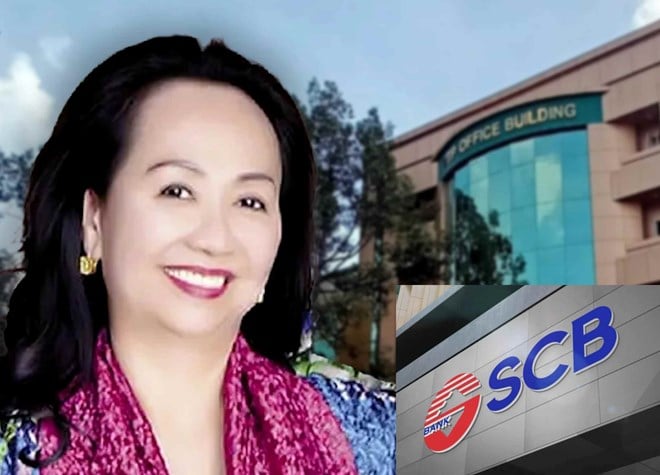
Banking regulation is necessary
On the afternoon of November 23, the National Assembly discussed in the hall the draft Law on Credit Institutions. National Assembly Delegate Pham Van Hoa - Member of the National Assembly's Law Committee - said that the Government and the National Assembly Standing Committee agreed on regulations to limit manipulation and control of credit institutions.
In particular, adjusting related persons to be suitable for types of credit institutions and adjusting personal share ownership to 3% instead of 5% and regulating the gradual reduction of credit granting roadmap to 10% of equity for some customers and related persons. Mr. Pham Van Hoa said, "this is a big problem".
According to the delegate, the most important thing now is that banks must control and pay more attention to cases where the "owner" of the bank is a business behind it. Controlling banks is necessary to ensure that the phenomenon of SCB cannot happen again. The current source of loans to bank shareholders must be strongly monitored.
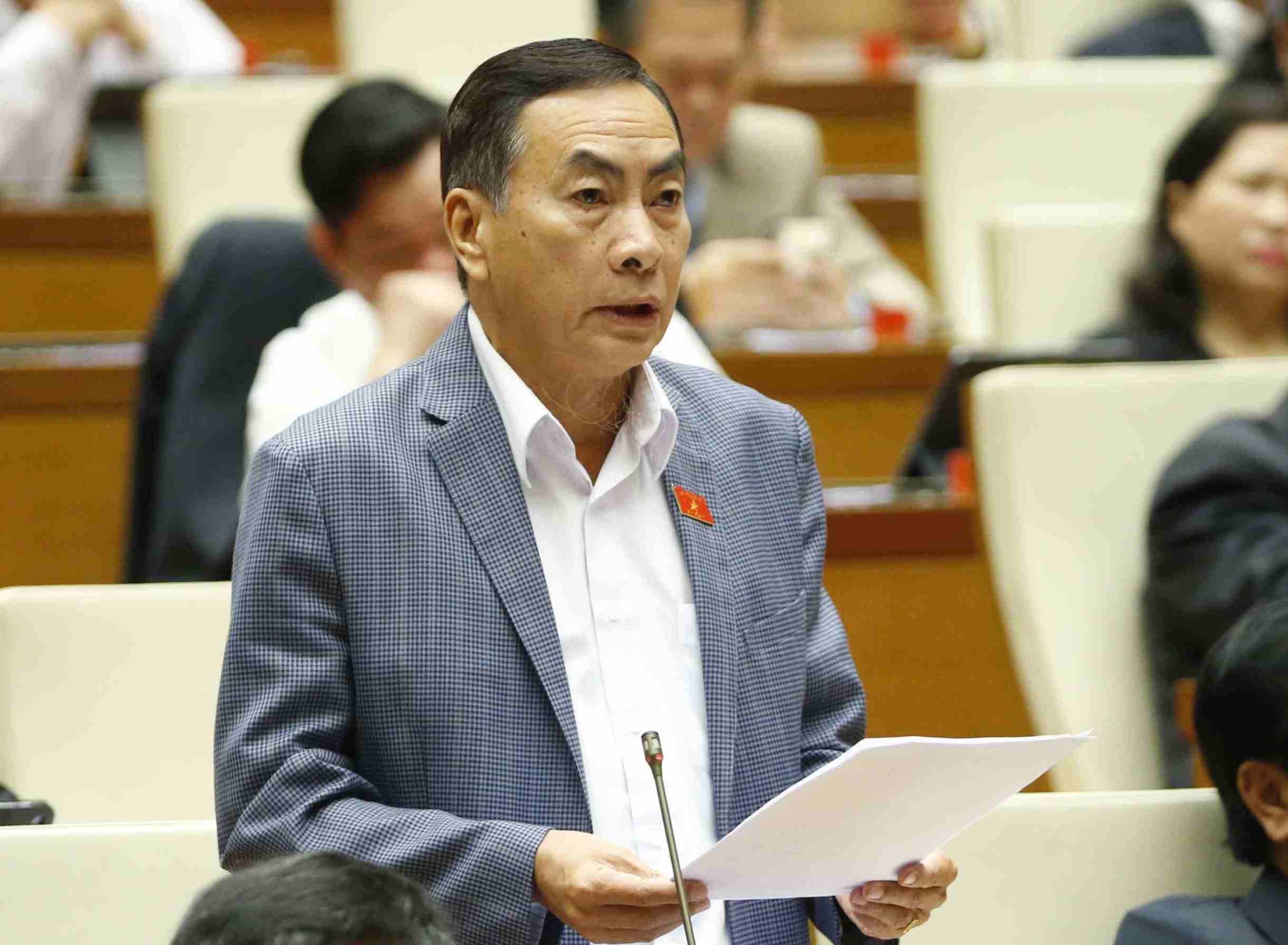
Create a mechanism to handle cross-ownership
Discussing this draft law, delegate Trinh Xuan An (Dong Nai delegation) said that this is a difficult draft law, with a huge impact on the socio-economy, even security and order.
Therefore, it needs to be studied carefully and cautiously. The provisions of the draft law must aim at the dual goal of creating a mechanism to promote healthy and safe development of credit institutions to support the economy.
According to Mr. Trinh Xuan An, the draft law needs to continue to pay attention to the issue of creating a mechanism to handle cross-ownership and end cross-ownership according to the Resolution of the Central Committee and the National Assembly.
"In fact, the SCB Bank case and the current situation pose three issues that create huge risks for the system: cross-ownership, control and manipulation of credit institutions. Therefore, this issue needs to continue to be identified for handling and elimination.
I think that cross-ownership, domination and manipulation are very sophisticated and often invisible tricks. However, with this invisible and constantly changing object, we use tools such as the law being designed (reducing the share ownership ratio, reducing the credit limit and expanding the objects that are not allowed to hold positions), which means we are using the visible to control the invisible, in my opinion, it is ineffective," he said.
According to the delegate, the core of the Vietnamese banking system lies in the issue of governance. To combat cross-ownership, manipulation, and domination in the banking system, the top factor is to determine which individuals and organizations are the real owners of the banks.
Therefore, the law needs to establish a legal framework to identify individuals and organizations, also known as "bosses" or "madams", who have the power to control and influence decision-making in bank operations.

To address this issue, the delegate proposed to specifically regulate two issues: First, transparency of information of all individuals and organizations that are shareholders of commercial banks instead of reducing the ownership ratio; determining the obligation to disclose information for shareholders (both organizations and individuals) and groups of related people who own shares of credit institutions above a specific level.
The second is to control cash flow and capital sources through non-cash payment mechanisms and apply personal data control.
"With that spirit, I propose to consider keeping the current regulations on share ownership ratio in Article 63 and credit limit in Article 136. I think the roadmap as proposed by the Government is not convincing and needs further evaluation," said Mr. An.
Source








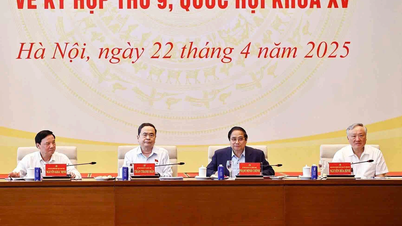




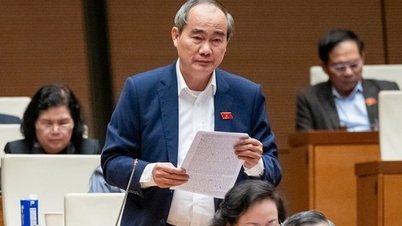






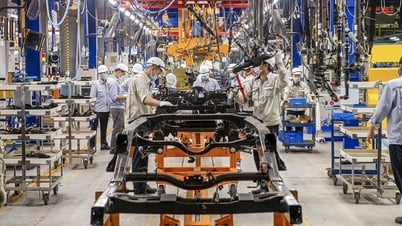












































































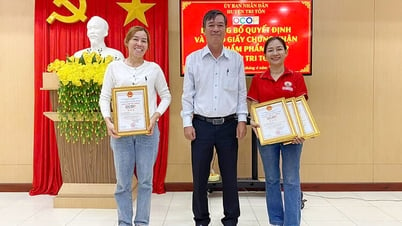





Comment (0)